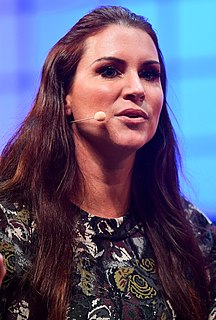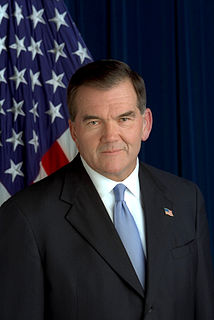A Quote by Colin Powell
Our diplomacy and development budget is not just about reducing spending and finding efficiencies. We need a frank conversation about what we stand for as that 'shining city on a hill.' And that conversation begins by acknowledging that we can't do it on the cheap.
Related Quotes
We should be able to have a conversation about immigration; we should be able to have a conversation about what skills we want to have in the U.K. and whether we need to go out of the U.K. in order to get them to boost our economy, and I don't think we should have a situation where we can't talk about it.
The programs supported by the International Affairs Budget are as essential to our national security as defense programs. Development and diplomacy protect our nation by addressing the root causes of terrorism and conflict. But it's not just about security. By building new markets overseas for American products, the International Affairs Budget creates jobs and boosts the economy here at home.
I think it's extremely valuable for us to be able to have a conversation in more than one dialect, speaking to more than one demographic here, finding our common ground, and having a very frank discussion about race, for one thing, which is where he is most hard-hitting, race, and the issues of human rights.
I think it's a false distinction to say that conversation and composition are separate. Because even as we speak, I'm seeing. Every interview is different, and I'm finding new ways to talk about ancient preoccupations. And I sometimes come on something that's immensely helpful and valuable. Plus I like the sensation of conversation.











































